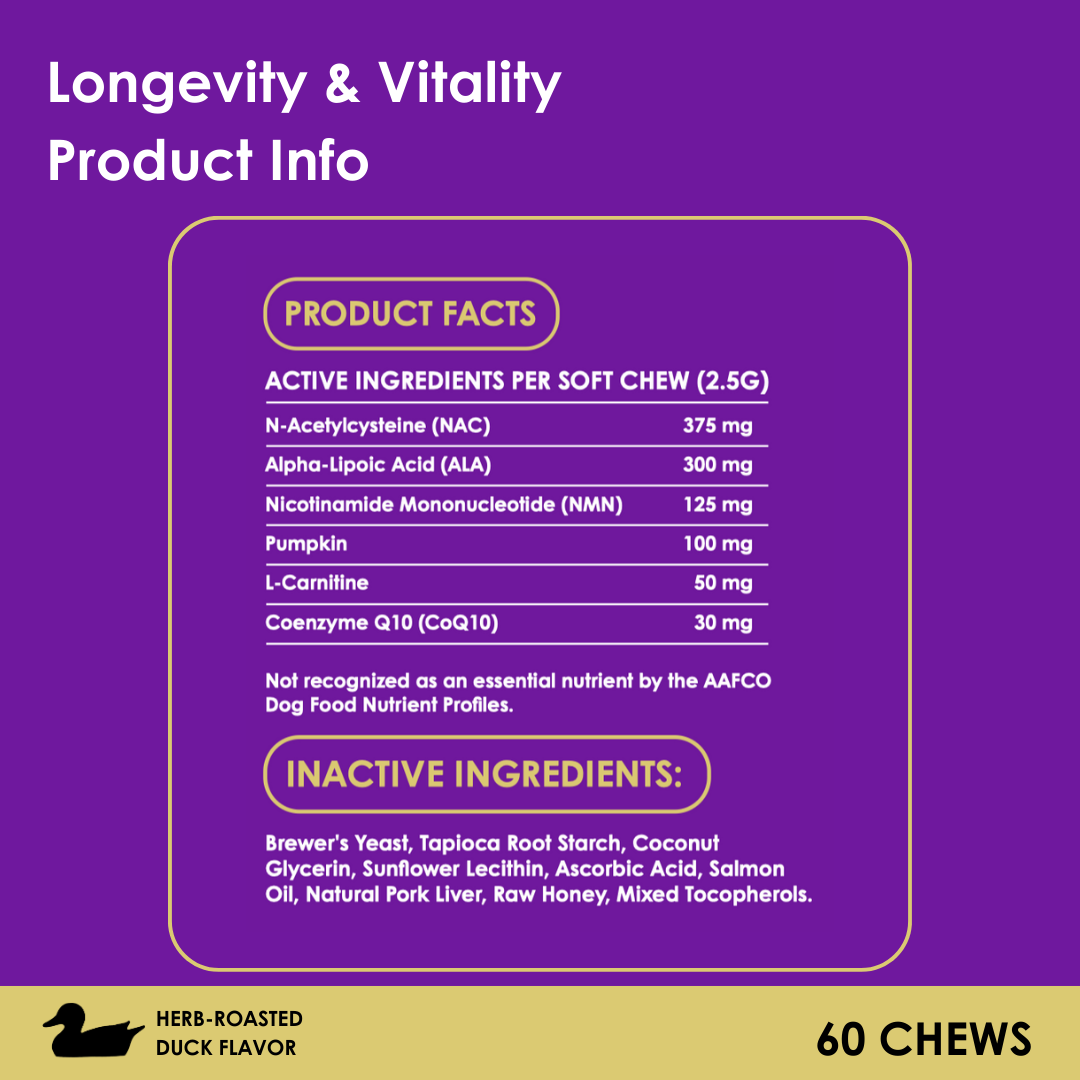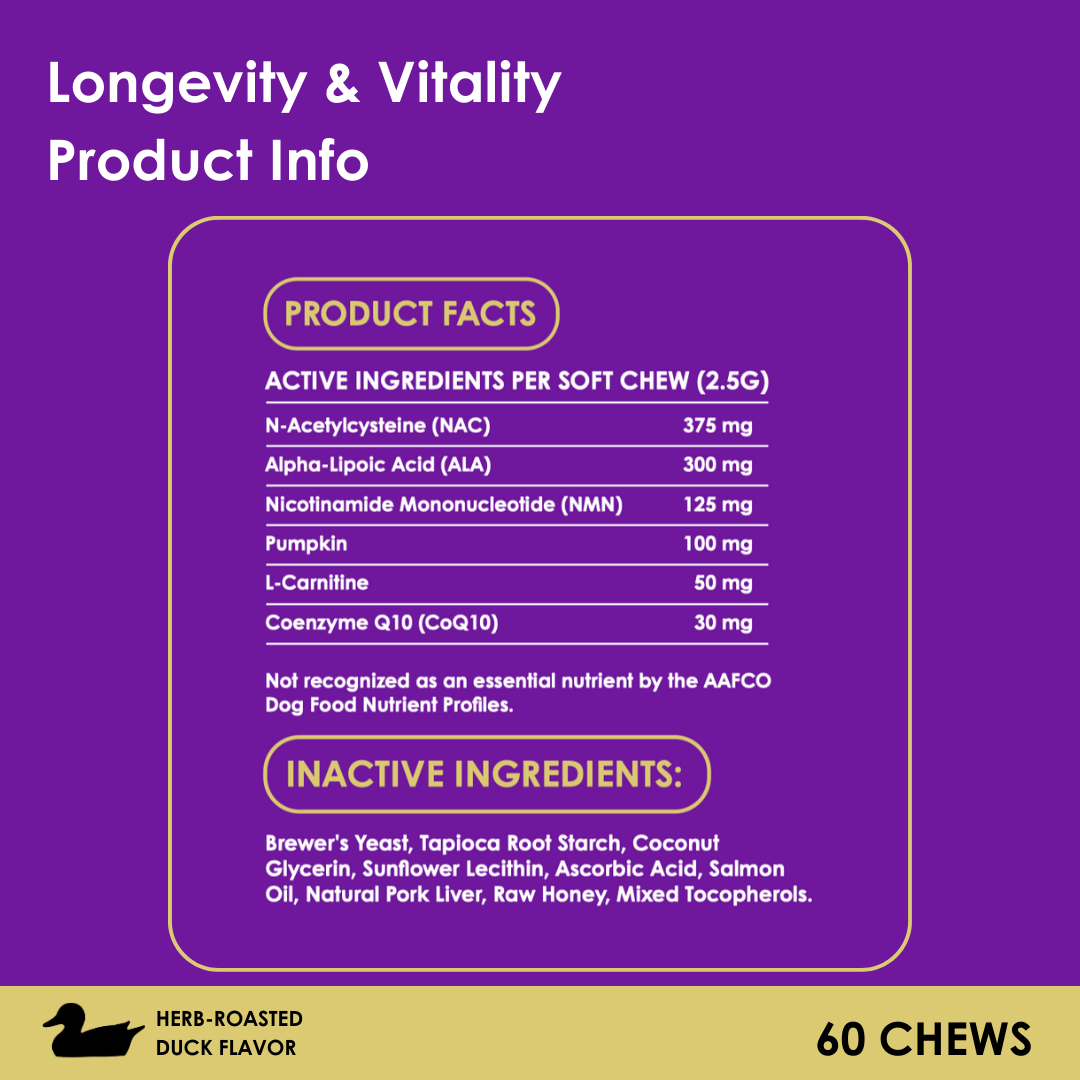New Lethal Parasite: What to Know
A recent discovery by scientists at the University of California, Riverside, has identified a potentially fatal parasite, Heterobilharzia americana, in a portion of the Colorado River running through California. This flatworm, commonly known as a liver fluke, poses a significant health risk to dogs, particularly those that swim in or drink from the river. Understanding the risks and taking preventive measures are crucial for dog owners to protect their pets' health and longevity.
What is Heterobilharzia americana?
Heterobilharzia americana is a parasitic flatworm that causes canine schistosomiasis, a severe illness affecting the liver and intestines of dogs. Previously, this parasite was predominantly found in Texas and other Gulf Coast states. Its presence in California marks the first time it has been reported this far west.
How Dogs Get Infected:
The parasite's lifecycle involves a snail host that releases the infectious stage of the worm into the water. Dogs can become infected by swimming in or drinking contaminated water from the Colorado River. Once inside the dog, the parasite travels to the veins of the intestinal lining, where it matures and reproduces. The real danger comes from the eggs, which can migrate to and damage various organs, leading to severe health issues.
Symptoms of Infection: The symptoms of this infection can take several months to appear and may include:
- Loss of appetite
- Vomiting and diarrhea
- Significant weight loss
- Signs of liver disease, such as jaundice and lethargy
If you notice any of these symptoms in your dog, particularly after visiting the Colorado River, it is essential to consult a veterinarian immediately. A simple fecal test can confirm the presence of the parasite.
Preventive Measures and Treatment:
- Avoid Contaminated Water: To protect your dog, avoid letting them swim in or drink from the Colorado River, especially in the Blythe area where the parasite has been detected.
- Monitor Symptoms: Be vigilant for any signs of infection if your dog has been exposed to the river water.
- Veterinary Care: If your dog shows symptoms, seek veterinary care promptly. Treatment usually involves multiple medications and close monitoring by a veterinarian.
Impact on Longevity:
Canine schistosomiasis can be fatal if not treated promptly. The parasite causes granulomas in various organs, leading to their eventual failure. Early detection and treatment are critical to managing the infection and preventing severe health complications, thereby improving your dog's chances of recovery and extending their lifespan.
Conclusion:
The discovery of Heterobilharzia americana in Southern California highlights the importance of awareness and preventive care for dog owners. By avoiding contaminated water sources and seeking timely veterinary intervention, you can protect your dog's health and ensure their long-term well-being. Always consult with your veterinarian for the best practices to keep your pet safe from this and other potential health threats.
























